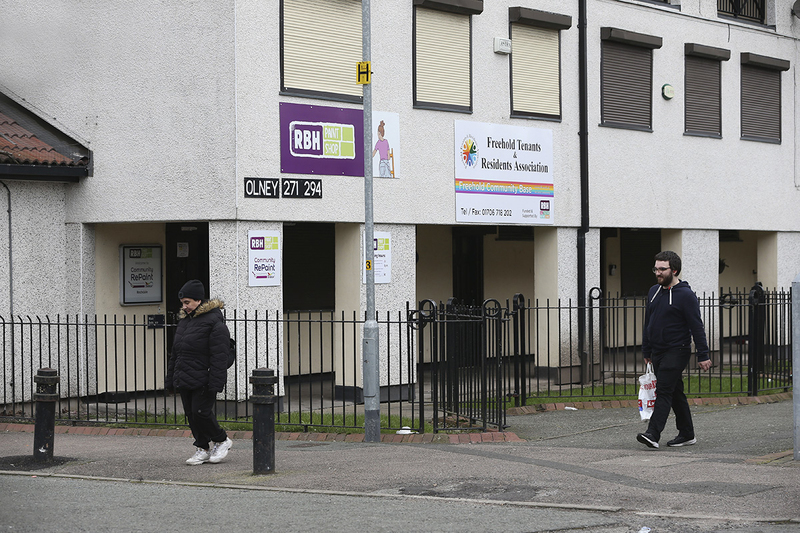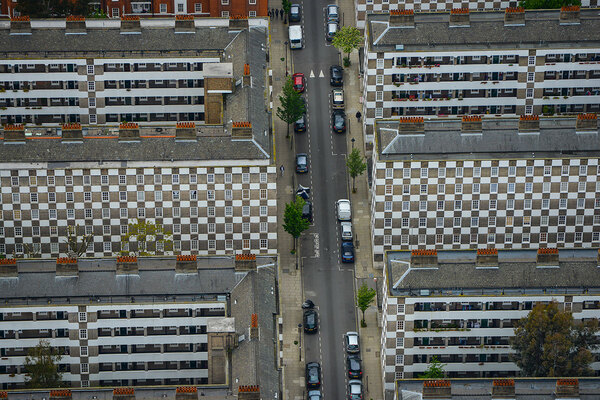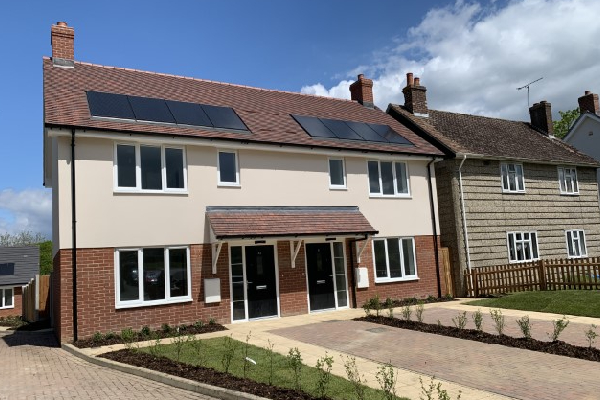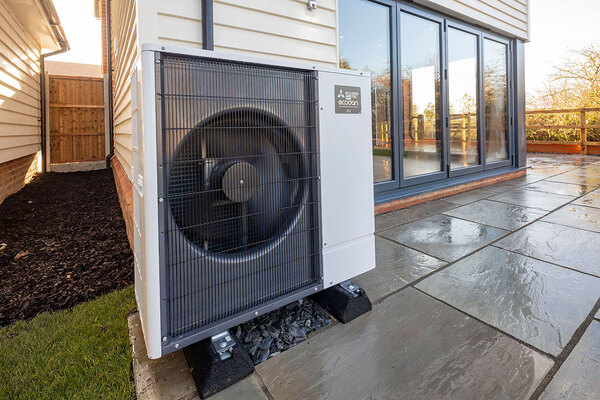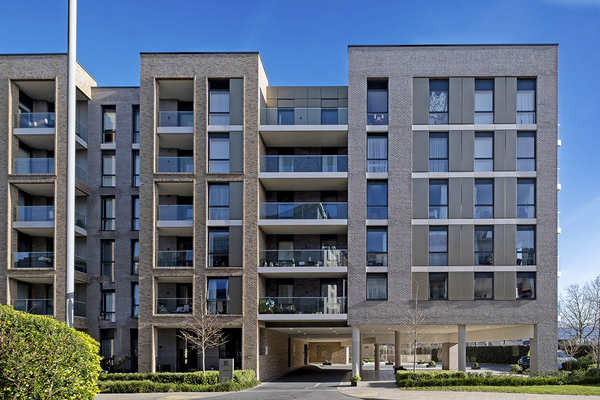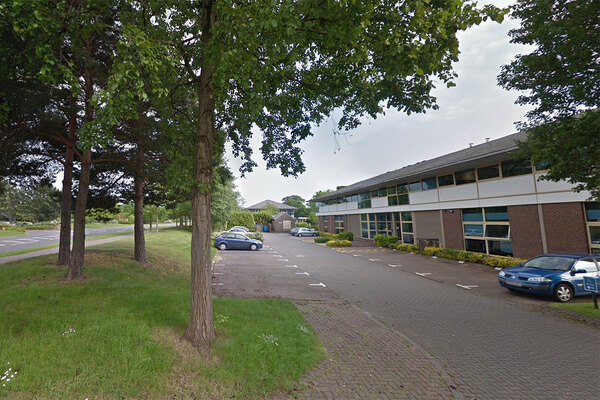Awaab’s Law: emergency repairs to be completed within 24 hours of identification
Social landlords will need to complete emergency repairs within 24 hours of identification, according to proposals set out for Awaab’s Law.
A consultation, launched by the Department for Levelling Up, Housing and Communities (DLUHC) on Tuesday, proposes new legal requirements for landlords to investigate hazards within 14 days.
Once a hazard is identified they must start fixing it within a further seven days, and make emergency repairs within 24 hours.
Emergency repairs are defined in the consultation document as those that present a “significant and imminent risk of harm” and include gas leaks, broken boilers and electrical hazards such as exposed wires.
They also cover “significant” leaks and prevalent damp and mould that is impacting a resident’s ability to breathe.
The consultation comes six months after the Social Housing (Regulation) Act became law.
It forms part of a series of reforms to improve tenant engagement and the regulation of the social housing sector, the catalyst for which was the Grenfell Tower fire.
Awaab’s Law, named after two-year-old Awaab Ishak, who died as a direct result of prolonged exposure to mould in a Rochdale Boroughwide Housing flat, was an amendment to the act.
Despite repeated pleas for help from Awaab’s family, RBH failed to take appropriate action to fix the issues.
Instead, it blamed the family for the appalling living conditions.
The government tabled the amendment four months after the 2022 inquest into the toddler’s death and following a campaign by Manchester Evening News and Shelter.
It will require social landlords to investigate and fix health hazards, including damp and mould, within strict new time limits.
The consultation on the proposed timescales will be open for eight weeks.
According to the government, landlords will be expected to keep residents up to date on repair timescales and keep clear records to improve transparency.
They must show that every attempt is made to comply with the new timescales “so they can no longer dither and delay to rectify people’s homes”, DLUHC said.
Landlords that fail to comply can be taken to court, where they may be ordered to pay compensation for tenants.
In a statement, Awaab’s family said they hope Awaab’s Law will “stop any other family going through the pain that we went through”.
“Landlords need to listen to the concerns of tenants and we support these proposals,” they said.
The family’s legal representatives Kelly Darlington, partner at Farleys Solicitors, and Christian Weaver of Garden Court North Chambers, said they are pleased the consultation process has begun.
“Effective participation is paramount in shaping the robustness and efficacy of this legislation.
“We strongly urge all relevant stakeholders to participate during this consultation, including tenants who are able to put forward their perspectives on these important issues,” they said.
Housing secretary Michael Gove said: “The tragic death of Awaab Ishak should never have happened. His family have shown courageous leadership, determination and dignity to champion these changes and now it’s time for us to deliver for them through Awaab’s Law.
“Today is about stronger and more robust action against social landlords who have refused to take their basic responsibilities seriously for far too long.
“We will force them to fix their homes within strict new time limits and take immediate action to tackle dangerous damp and mould to help prevent future tragedies.”
Kwajo Tweneboa, social housing campaigner, said he hopes the law “goes far enough to prevent other families going through the tragedy Awaab’s family have had to”.
“It’s crucial the government are able to make sure this law has teeth and is enforced for it to work as intended,” he said.
In a report focused on Awaab’s Law in December, the Social Housing Quality Resident Panel generally agreed that the deadline for a repair investigation should be two weeks or less, but the most popular option was for it to start within a week of the repair being reported.
Members of the panel also raised concerns about the enforcement of Awaab’s Law, particularly around the effectiveness of residents being allowed to take landlords to court if they fail to meet deadlines.
They said they did not believe court action would prevent or resolve housing hazards, would not incentivise landlords to meet the deadlines, and would place the burden of enforcement on residents.
Sign up for our asset management newsletter
Already have an account? Click here to manage your newsletters

